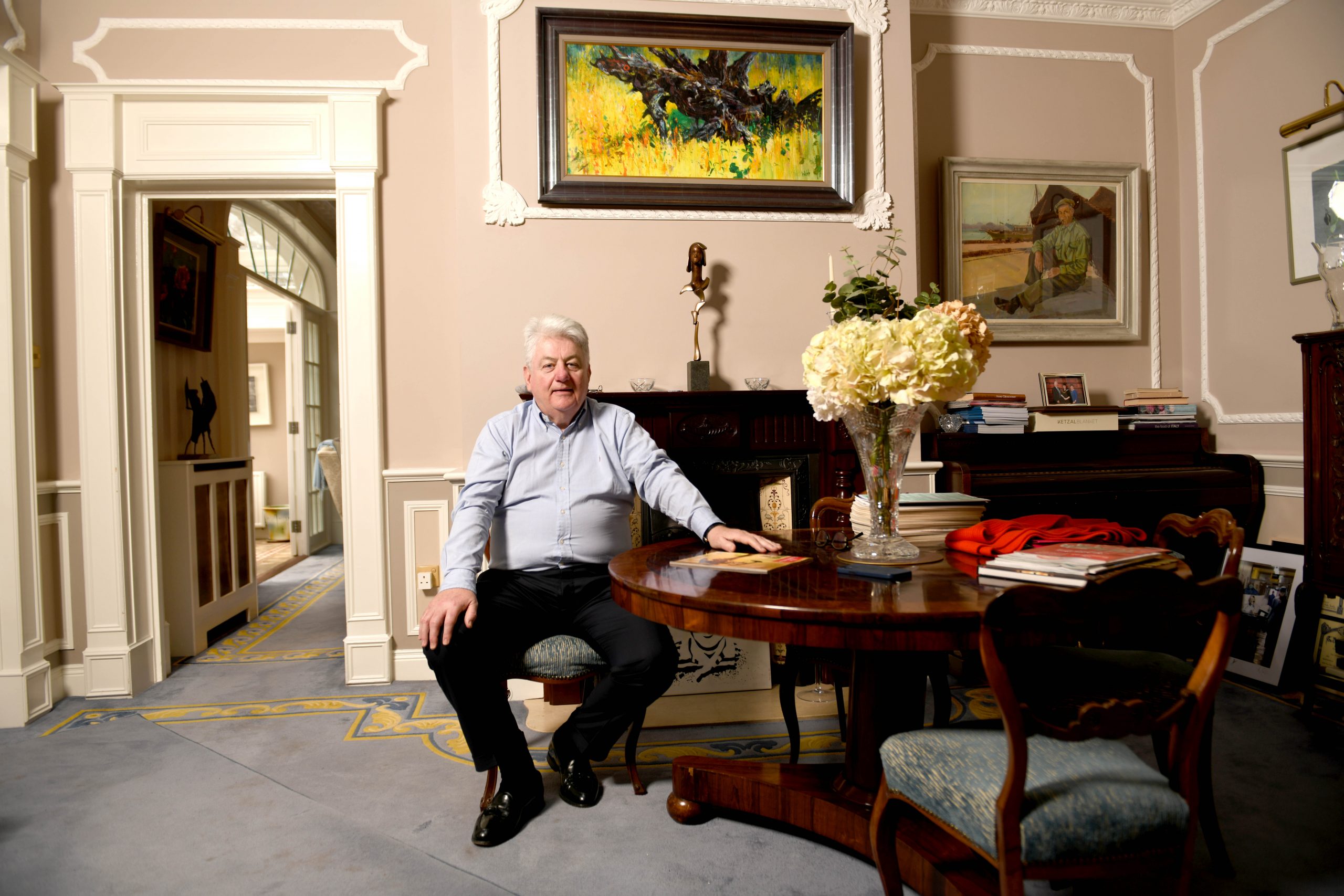When Providence Resources discovered the Barryroe oil field off the coast of Kinsale in early 2012, the market was ecstatic. That September shares traded for €7.08, valuing the company in the low billions. Geologists estimated there were 81 million barrels of oil at Barryroe, which is 80 per cent owned by Providence. The field’s oil is worth about €7 billion worth at today’s prices. Ten years later, the oil is still in the ground, and the market looks to have given up on ever getting it out. Providence shares trade at 2p, for a market cap of £23 million. It’s…
Cancel at any time. Are you already a member? Log in here.
Want to read the full story?
Unlock this article – and everything else on The Currency – with an annual membership and receive a free Samsonite Upscape suitcase, retailing at €235, delivered to your door.

